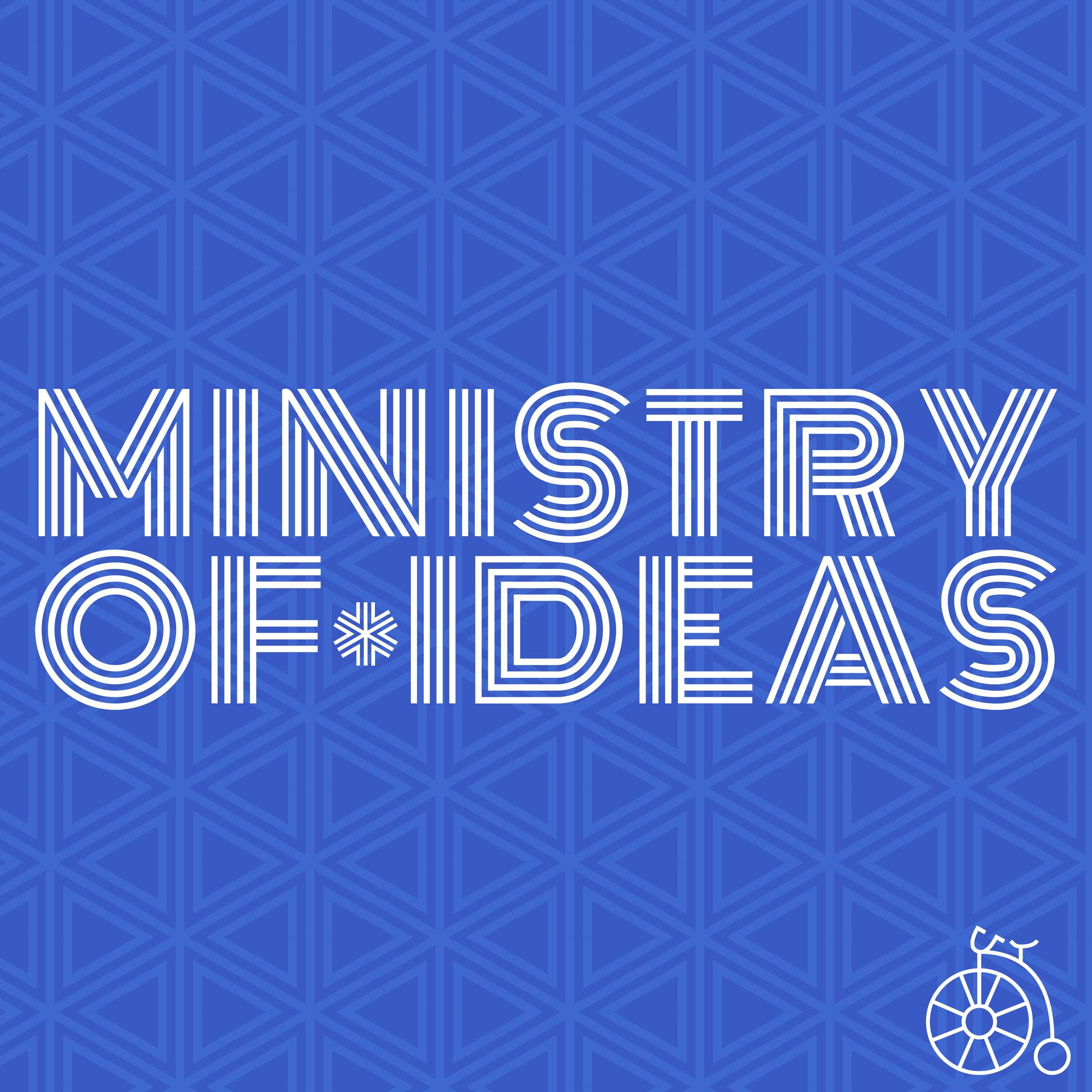Genealogies of Modernity Episode 8: The Enemy of Morality Is Not Modernity, It’s Me
Description
The great English essayist and linguist Samuel Johnson was writing during the Enlightenment – the period some historians identify as the beginning of the modern age. American author and philosopher David Foster Wallace worked more than two centuries later, in the “post-modern” style. But these two writers shared a common problem: once modernity fractured society’s sense of shared moral norms, how could you write persuasively about morality? This episode looks at how Johnson and Wallace attempted to solve this problem; what struggles plagued their solutions; and why our modern, pluralistic landscape makes their work more valuable than ever.
Researcher, writer, and episode producer: Kirsten Hall Herlin
Featured Scholars:
Walter Jackson Bate (1918-1999), Professor of English, Harvard University
Matt Bucher, Managing Editor, The Journal of David Foster Wallace Studies
Jack Lynch, Professor of English, Rutgers University
D. T. Max, Staff Writer, The New Yorker
Special thanks: Dutton Kearney
For transcript, teaching aids, and other resources, click here.
Learn more about your ad choices. Visit megaphone.fm/adchoices
More Episodes
Published 12/20/23
The problem of gun violence is as old as guns themselves. According to historian Priya Satia, America’s present epidemic of gun violence has its roots in the industrial revolution. Satia tells the story of British gun-maker Samuel Galton, Jr., who was called to task by his Quaker community for...
Published 12/13/23
What if racism shared an origin with opposition to racism? What if the condemnation of injustice gave rise both to an early form of anti-racism and to the racial hierarchies that haunt the modern era? Rolena Adornol, David Orique, María Cristina Ríos Espinosa tell the story of how Bartolomé de...
Published 12/06/23


